
In the past decade, blockchain has expanded significantly beyond its origins as the foundation of Bitcoin. It is currently enabling identity systems, food supply chains, voting infrastructure, and microfinance initiatives, thereby expanding its reach to areas where conventional institutions have encountered challenges. Blockchain is becoming a transformative force for communities that are frequently neglected by centralized systems. This blog delves ...
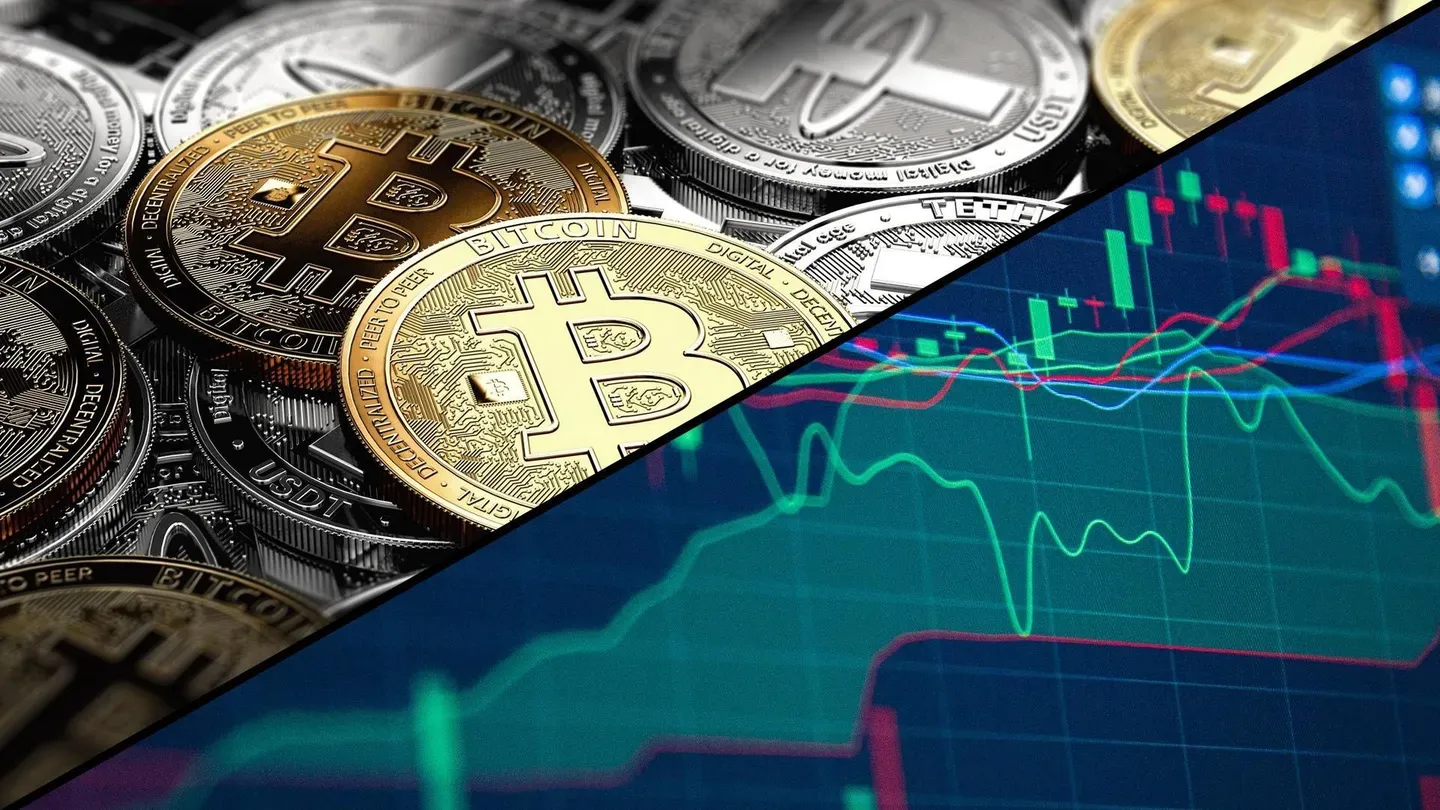
In markets, on smartphones, and even in humanitarian aid campaigns, cryptocurrency is accomplishing a feat that few technologies have ever accomplished: generating tangible, real-world changes in the lives of individuals. Decentralized money, which originated as an experiment, has evolved into a global movement that is revolutionizing the ways in which individuals **use**, **save**, and **invest**—often in regions where conventional financial ...

Cryptocurrency has evolved from an obscure novelty to a global phenomenon in the span of just over a decade. The digital asset ecosystem that originated with Bitcoin has since expanded to encompass thousands of tokens, decentralized finance (DeFi), non-fungible tokens (NFTs), and central bank digital currencies (CBDCs). However, adoption rates are not uniform across the board. Although certain nations are ...
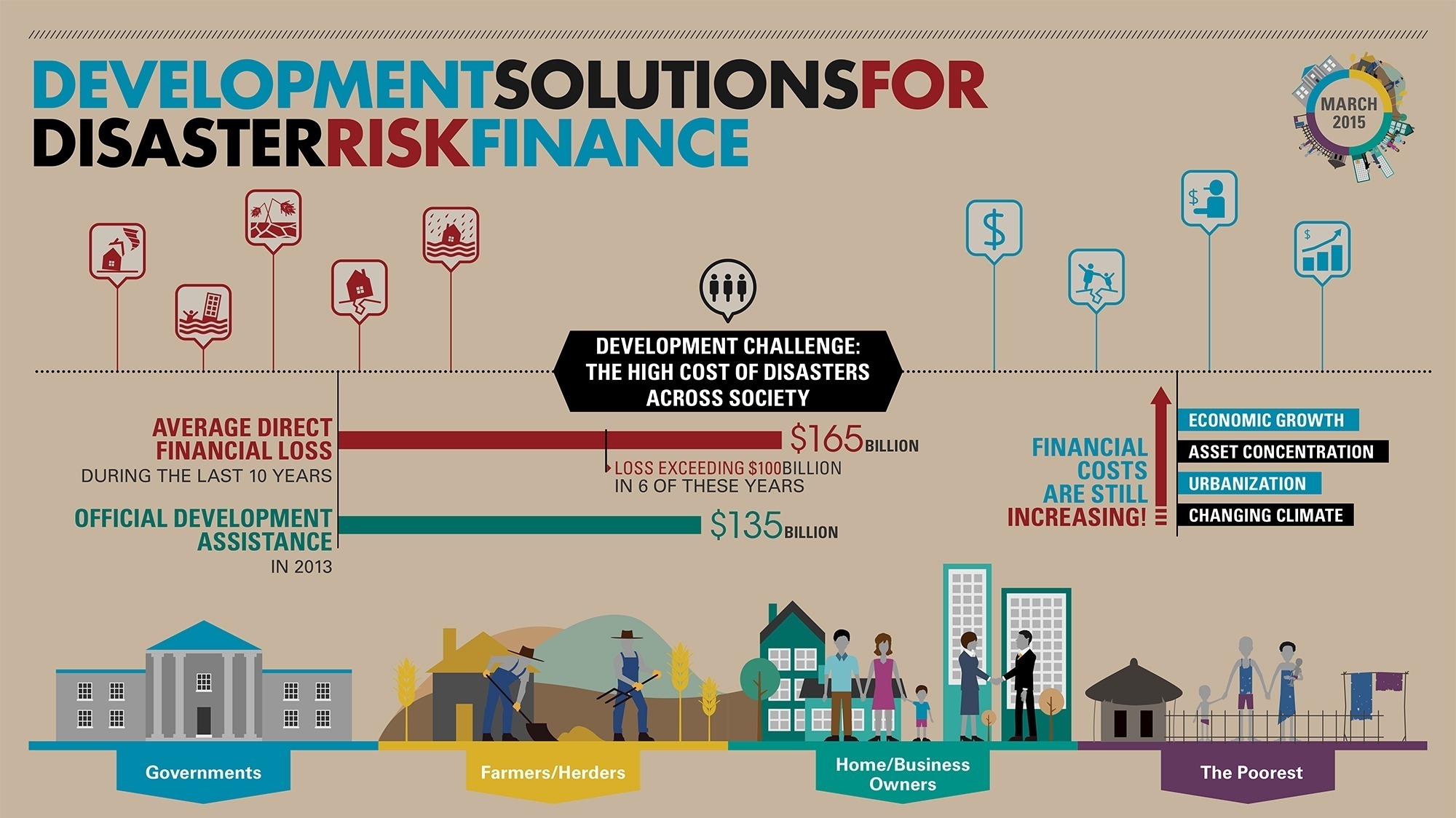
The global economy is becoming increasingly vulnerable as it becomes more interconnected. One truth is evident: **our current financial system is not equipped to address the challenges of the 21st century, from the 2008 financial crisis to the COVID-19 pandemic to ongoing climate-related shocks.** The encouraging news? We are both obligated and have the opportunity to reimagine global finance in ...

In the event of an economic crisis, whether it be a global financial collapse, a pandemic, or a geopolitical shock, governments are obligated to act swiftly, decisively, and with wisdom. The preferred instrument? Fiscal policy. Governments worldwide have allocated trillions of public funds to rescue and revitalize economies, ranging from infrastructure projects and stimulus payments to tax relief and emergency ...
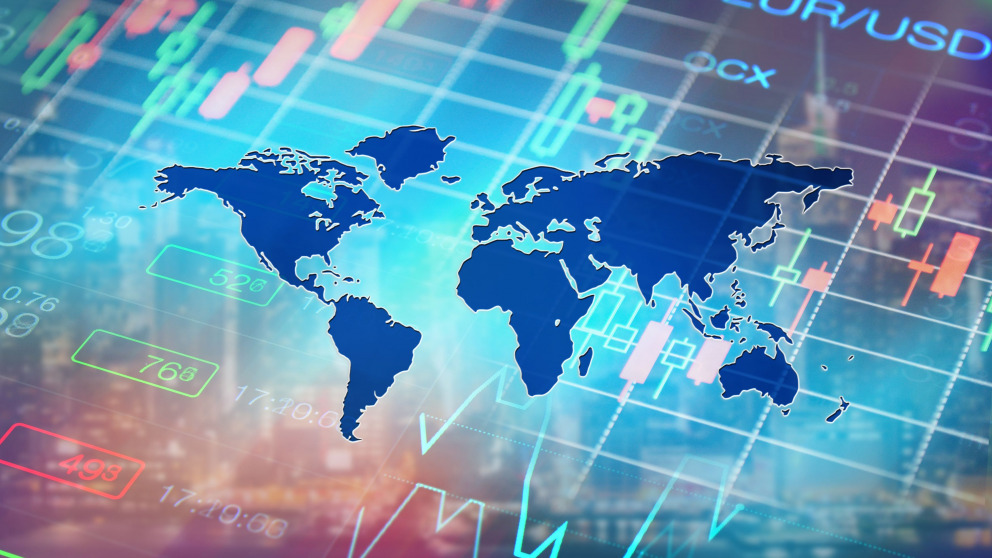
The 2008 Global Financial Crisis (GFC) was a pivotal moment in the annals of contemporary economic history. The United States’ housing market collapse evolved into a global economic crisis, resulting in the closing of businesses, the loss of trillions of dollars in wealth, and the unemployment of millions of individuals. For more than a decade, the reverberations of its ...
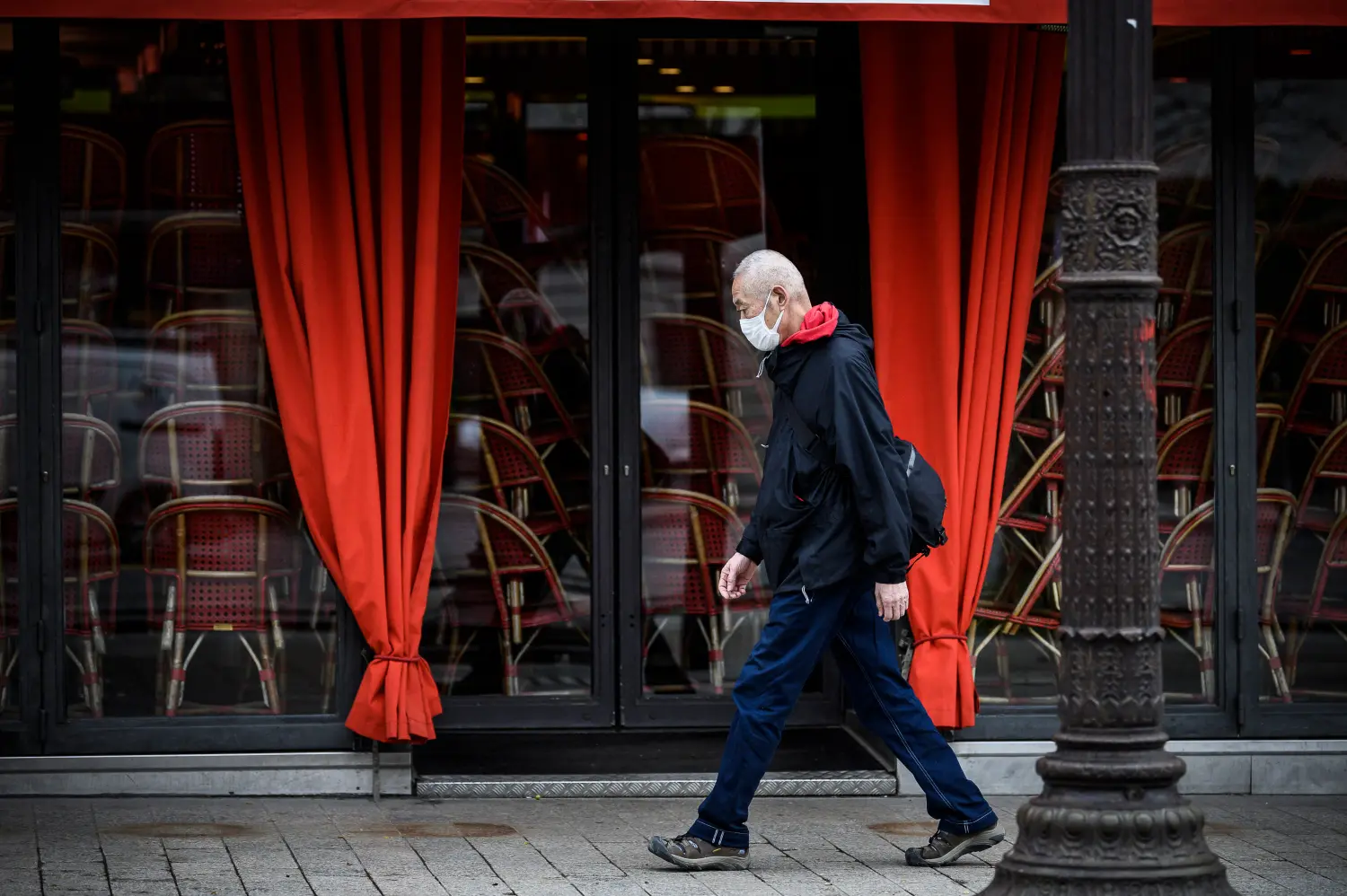
In the tightly interconnected global economy of today, a disturbance in one region can rapidly escalate into a shockwave that is felt worldwide. From the 2008 financial crisis to the COVID-19 pandemic and the recent inflationary pressures, the concept of **systemic risk**—the potential for the collapse of a single component of a system to bring down the entire network—has transitioned ...
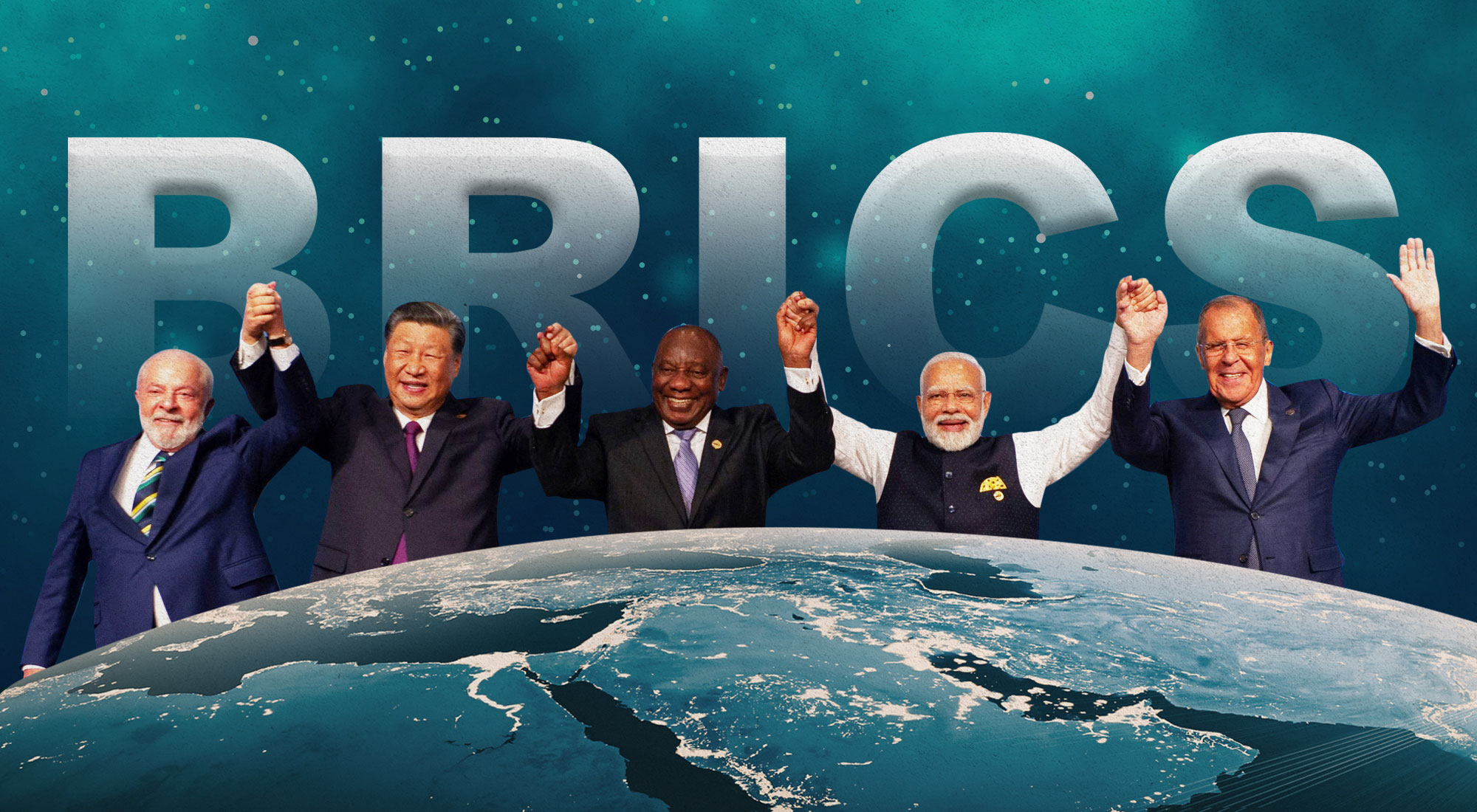
Although the global economy is experiencing a recovery, not all individuals are experiencing the same level of recovery. Although certain nations are experiencing periods of robust growth and low unemployment, others are mired in cycles of social instability, debt, and inflation. A critical policy dilemma is at the core of this imbalance: **how to utilize public expenditure to facilitate an ...
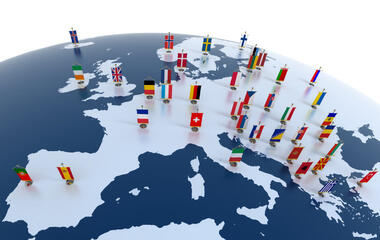
No nation can navigate the tempest alone in an era characterized by global economic uncertainty, including rising debt, supply chain disruptions, inflation, climate shocks, and political instability. In times of economic turmoil, regional alliances are increasingly stepping up as first responders, despite the fact that international institutions such as the IMF and World Bank remain central actors. Regional cooperation is ...
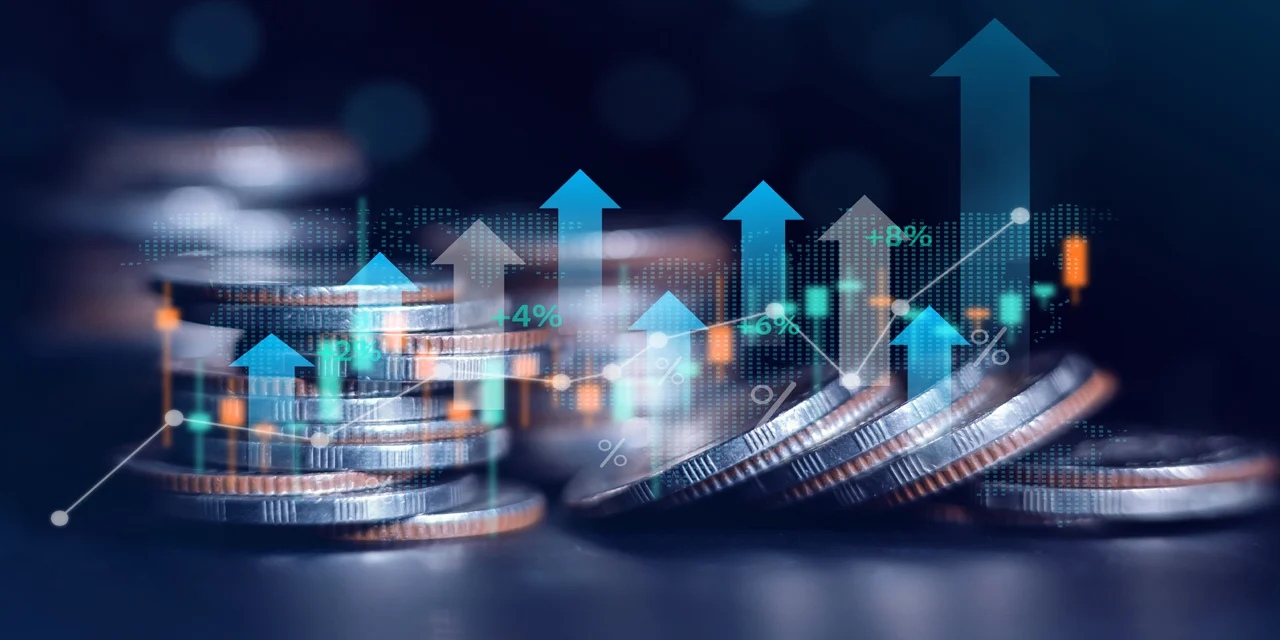
The world has swung from one financial crisis to another in the past few decades, including the 1997 Asian Financial Crisis, the 2008 Global Meltdown, the COVID-19 economic upheaval, and the current challenges of inflation, debt distress, and geopolitical instability. The same truth is revealed by each crisis: the international financial system is not designed to prevent crises; rather, it ...